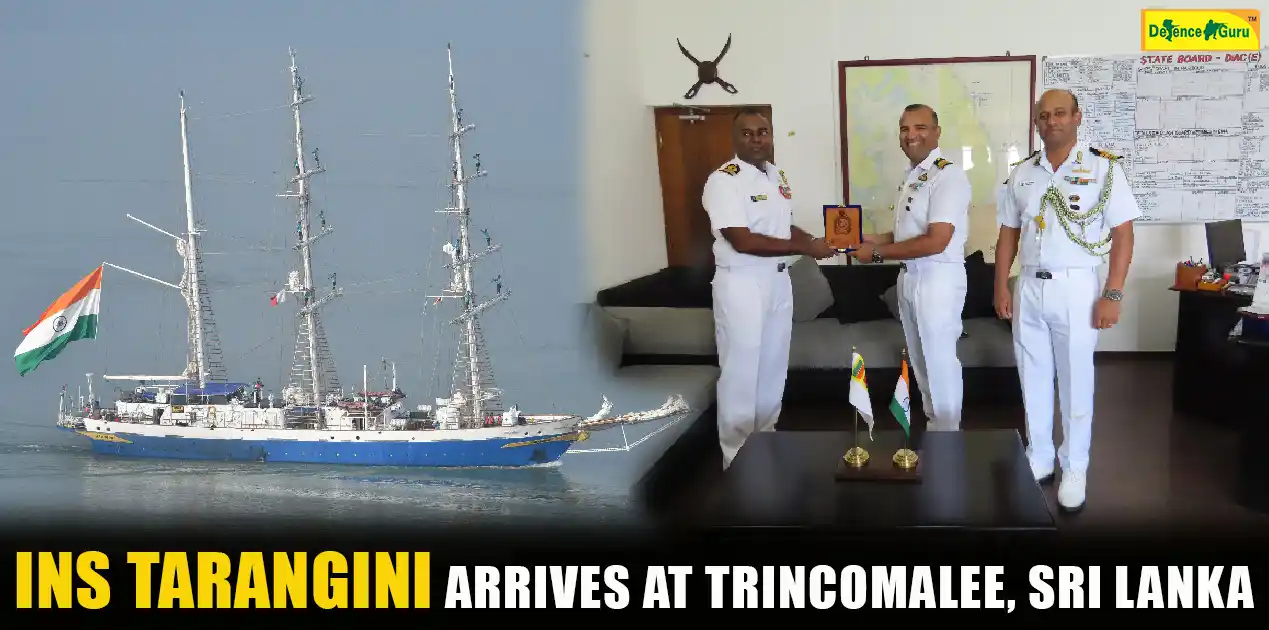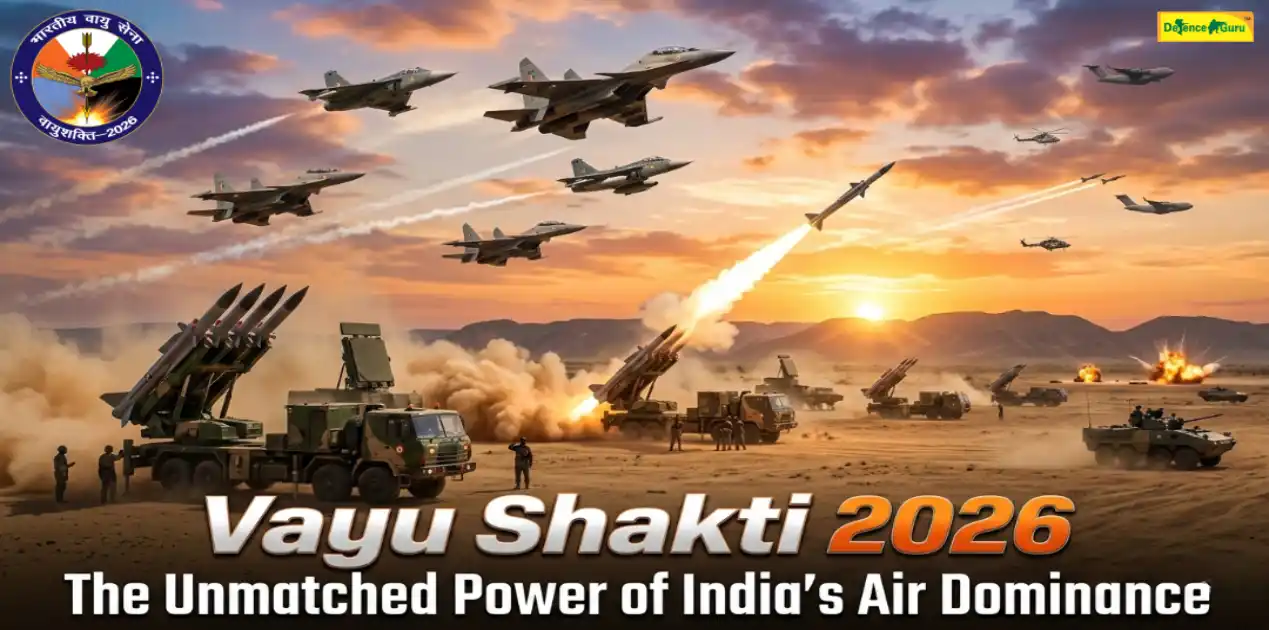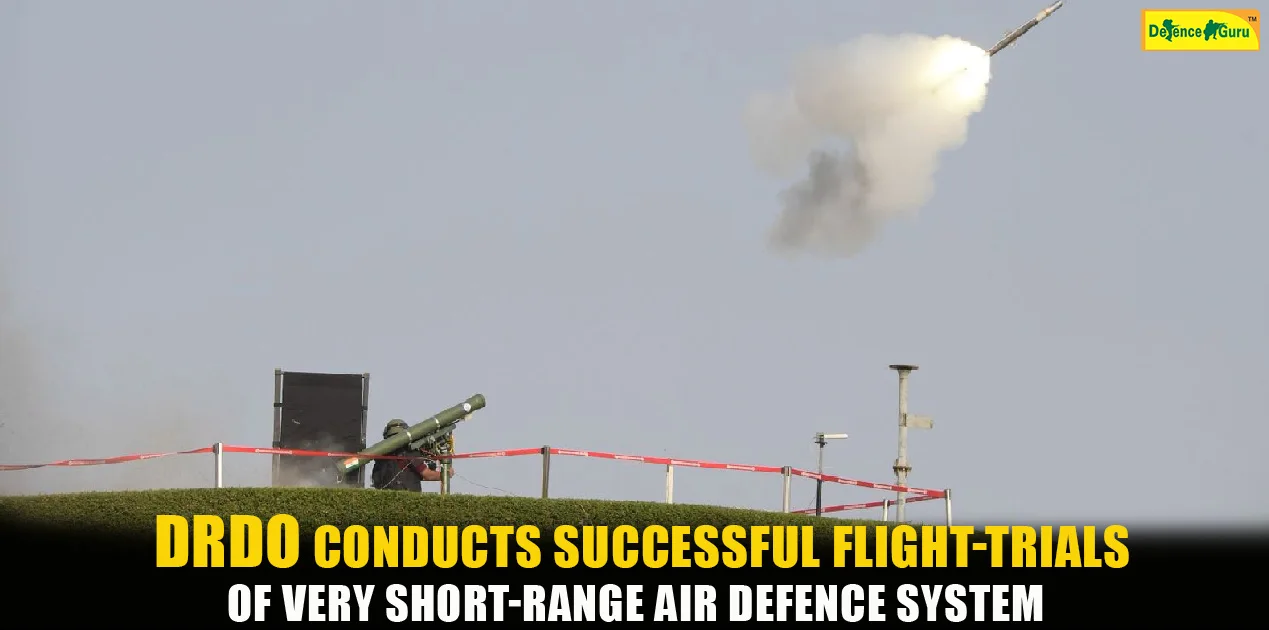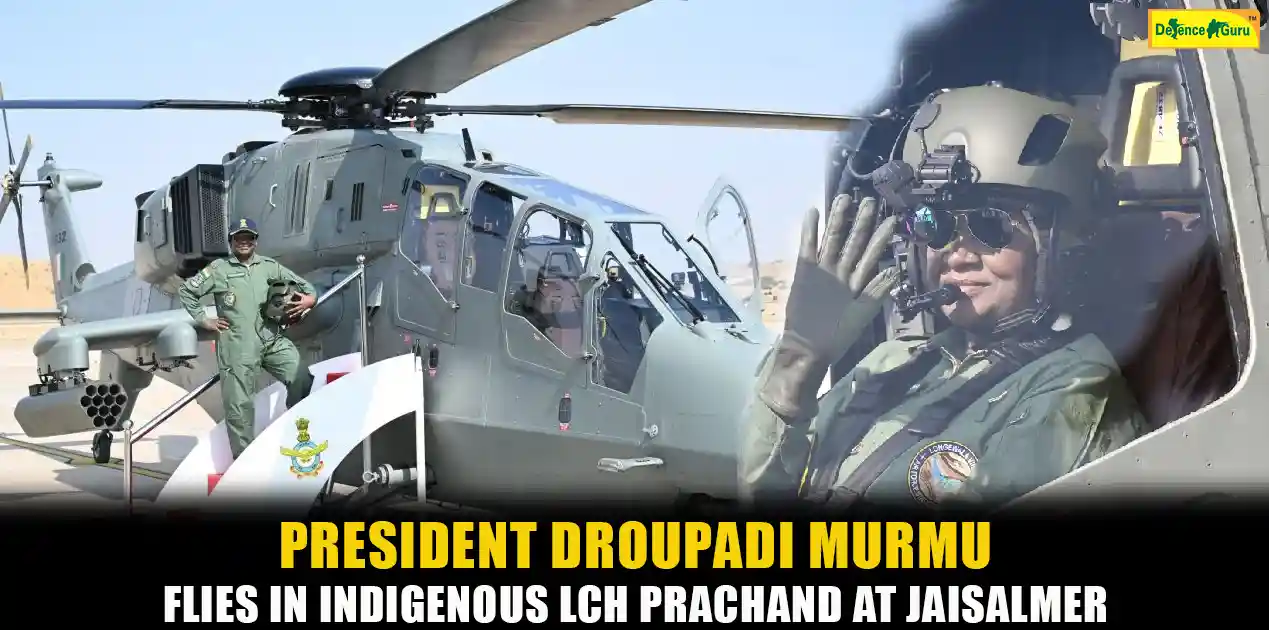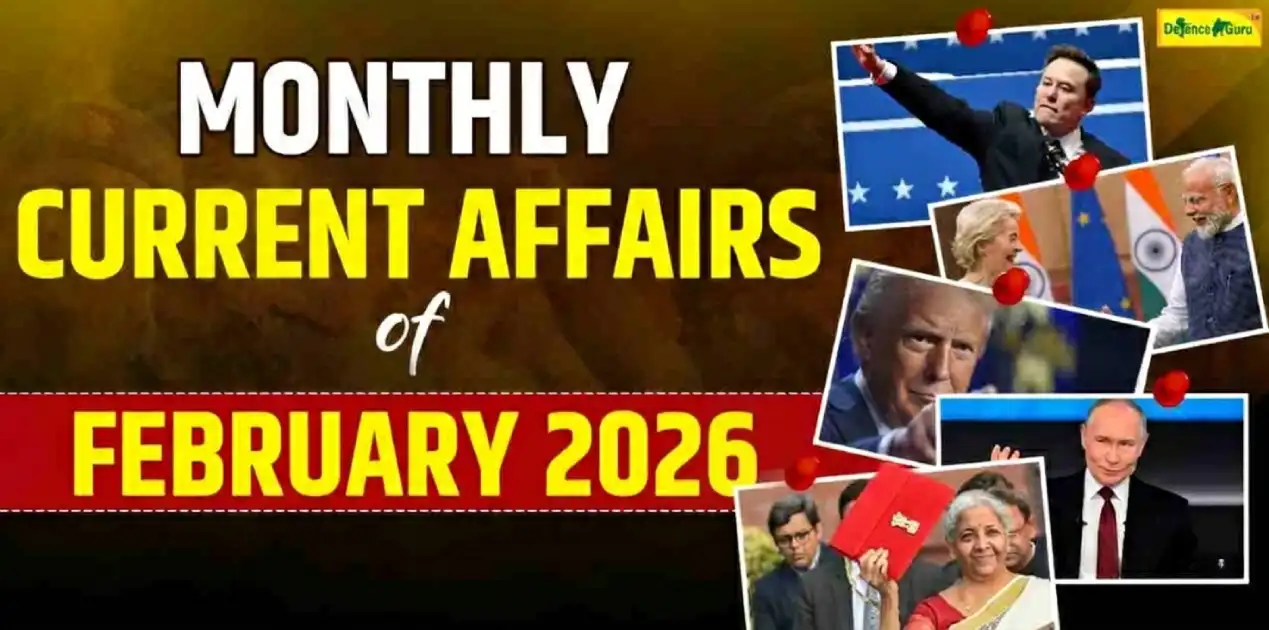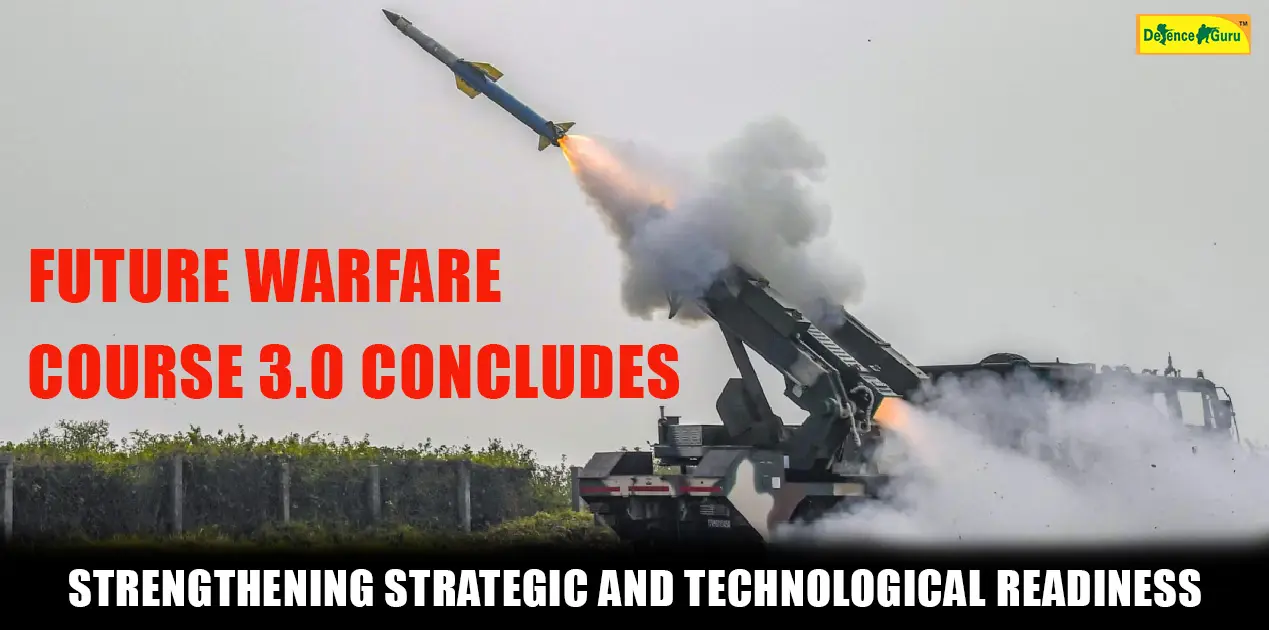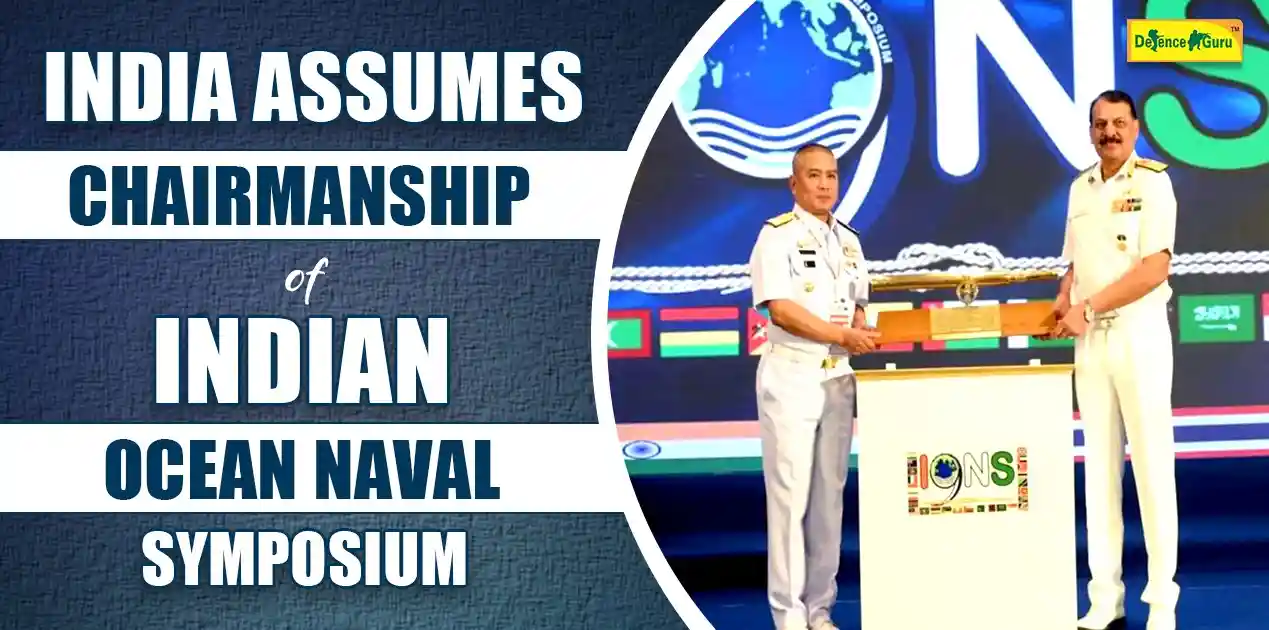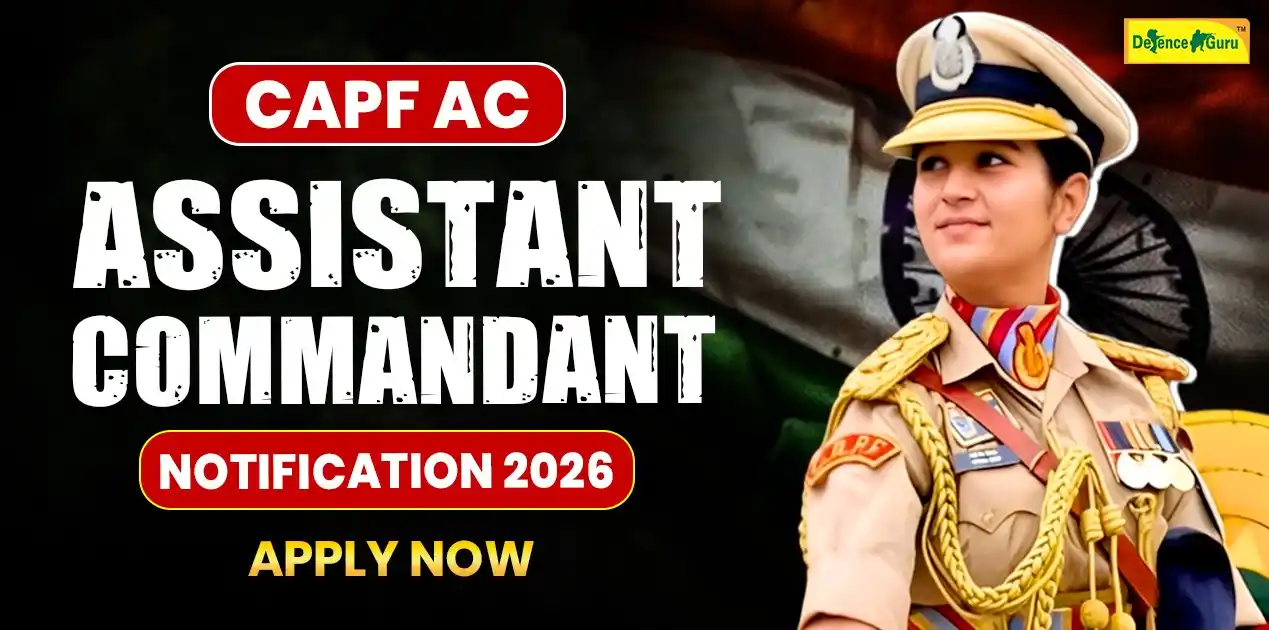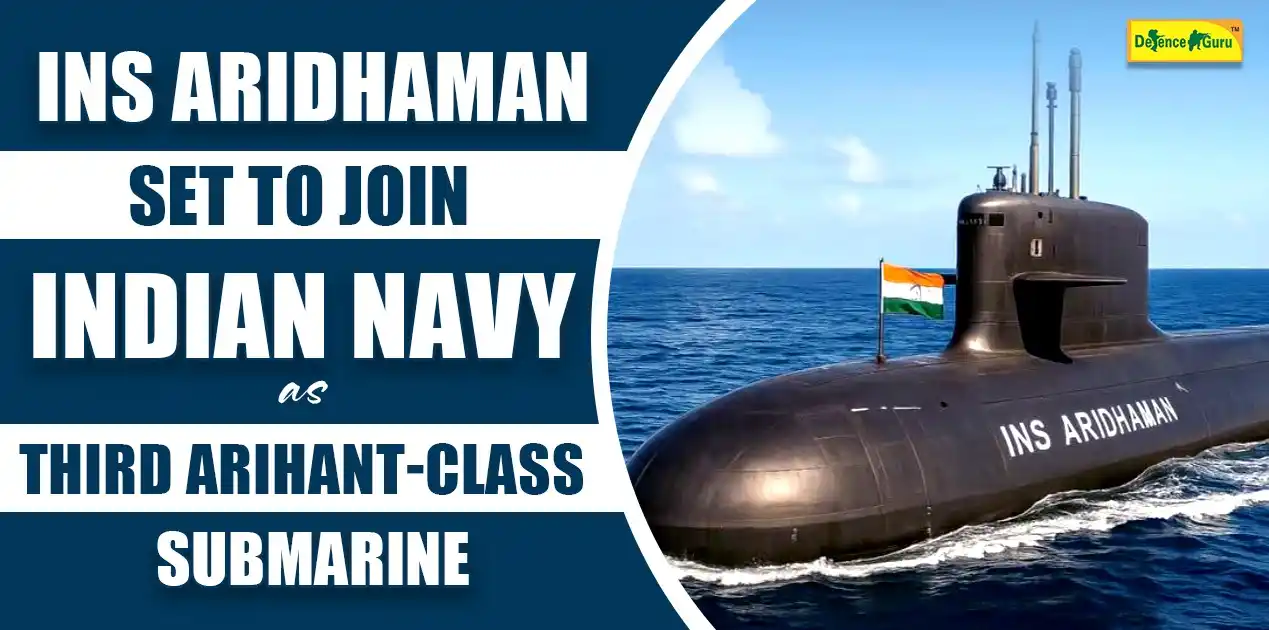NDA vs AFCAT Explained – Which Route Offers a Better Air Force Career?
It is the aspiration of thousands of youth from all over the nation to join the Indian Air Force. But the decision to pick the proper entry route becomes a key one, particularly when you are offered two of the most elite routes – NDA and AFCAT. Both provide fulfilling careers in the Air Force but vary in eligibility, selection procedures, training, lifestyle, and long-term development.
So, which one is best for you? Let’s demystify NDA and AFCAT to assist you in making the right decision.
What is an NDA?
The NDA is a tri-service academy where cadets are trained for the Army, Navy, and Air Force. Candidates report to NDA after class 12th and spend three years on academic and physical training, followed by specialised training at their own service academies.
- Conducted by: UPSC (twice a year)
- Eligibility: Only male & female candidates (16.5 to 19.5 years), 12th pass with Physics & Maths for the Air Force
- Training Academy: NDA, Khadakwasla, followed by Air Force Academy, Dundigal
What is AFCAT?
The AFCAT is a postgraduate entry exclusively for the Indian Air Force in flying, ground duty (Technical and Non-Technical) branches.
- Conducted by: Indian Air Force (twice a year)
- Eligibility: Male & female graduates (20–24 years for Flying Branch, extendable to 26 for Ground Duty)
- Training Academy: Air Force Academy (AFA), Dundigal
Eligibility: Who Can Apply?
|
Feature |
NDA |
AFCAT |
|
Qualification |
Class 12 (PCM for Air Force) |
Graduate (with Physics & Math in 12th for Flying Branch) |
|
Gender |
Male & Female |
Male & Female |
|
Age Limit |
16.5 to 19.5 years |
20 to 24 (Flying), 20 to 26 (Ground Duty) |
|
Marital Status |
Unmarried |
Unmarried |
Verdict: NDA is ideal for early aspirants, while AFCAT is best for those planning post-graduation or seeking a second attempt.
Selection Process
NDA Selection Process:
- Written Exam (UPSC) – Maths + GAT
- SSB Interview – 5-day process (OIR, PPDT, GTO, Psychology, PI)
- Medical Examination
- Final Merit List
AFCAT Selection Process:
- Online AFCAT Test – General Awareness, Reasoning, Maths, English
- AFSB Interview – 5-day procedure similar to SSB
- Medical Fitness
- Merit List (Flying branch needs CPSS clearance)
Verdict: NDA has a higher level of difficulty at an earlier age, while AFCAT tests maturity and academics post-graduation.
Training Experience
NDA Cadets (Air Force Wing):
- 3 years at NDA Khadakwasla
- Followed by 1 year at the Air Force Academy
- Intensive outdoor training, academics, discipline, and inter-service camaraderie
AFCAT Cadets:
- Training duration varies:
- Flying Branch: 1 year
- Ground Duty: 6 months
- No tri-service environment, but focused and specialized training at AFA
Verdict: NDA offers a longer, more holistic training regime, building leadership early, while AFCAT provides fast-track induction with technical focus.
Career Progression & Promotions
|
Criteria |
NDA Entry |
AFCAT Entry |
|
First Rank |
Flying Officer |
Flying Officer |
|
Promotions |
Time-bound and merit-based |
Same as NDA |
|
Seniority Advantage |
Joins earlier, faster promotions |
Joins later, slightly behind in seniority |
Verdict: NDA cadets start younger and enjoy seniority, while AFCAT officers may face slight delays in reaching senior command positions.
Job Roles & Branches
NDA (Air Force Wing):
- Only for Flying Branch
- Other branches (Ground Duty) are also offered at the NDA
AFCAT:
- Entry into Flying Branch
- Also includes Ground Duty (Technical/Non-Technical)
Verdict: AFCAT provides more diversified roles, especially for candidates interested in administration, meteorology, or technical streams.
Lifestyle & Opportunities
Life after NDA:
- Officers have deeply entrenched discipline, early grooming in the military, and robust inter-service bonding.
- Nda alumni tend to occupy the highest ranks- chiefs of staff, wing commanders, air marshals. Etc.
Life after AFCAT:
Female Candidates – Which is better?
- Both NDA & AFCAT now offer opportunities for female aspirants.
- NDA for Girls started from 2021 (only a few seats, extremely competitive)
- AFCAT for Women has more branches open (Flying & Ground Duty)
Verdict: AFCAT is currently more accessible and flexible for female candidates.
Selection Ratio & Competition
- NDA: Around 5–6 lakh applicants, <1% final selection. Highly competitive.
- AFCAT: ~2–3 lakh applicants, with slightly higher selection rate, especially for Ground Duty.
Verdict: NDA is tougher due to limited age, stricter standards, and higher volume. AFCAT is also competitive but has more relaxed eligibility norms.
Which One Should You Choose?
|
You Should Choose an NDA If... |
|
You're in Class 11/12 and passionate about the Air Force early on |
|
You want a long military career starting at a young age |
|
You are ready to undergo rigorous training and tough competition |
|
You dream of wearing the uniform by the age of 21 |
|
You Should Choose AFCAT If... |
|
You're a graduate or pursuing graduation |
|
You missed the NDA or found it later in your journey |
|
You want more flexibility in branch selection |
|
You’re a female aspirant seeking more openings in the IAF |
Conclusion- both are prestigious – it’s about your timing
Both NDA and AFCAT are high-status doors to enter the Indian Air Force. NDA provides a longer path with more early exposure, but AFCAT offers you targeted and adaptable entry after graduation.
What matters most is your commitment, preparation, and passion for serving the nation. Choose the path that aligns with your current stage and strengths because in the end, the uniform is the same, the mission is the same, and the pride of the tri colors is shared by all.
Jai Hind!
Aim High – Fly Higher with the Indian Air Force.
Read more:
Top 5 AFCAT Online Coaching Programs That Turn Average Students into Air Warriors



